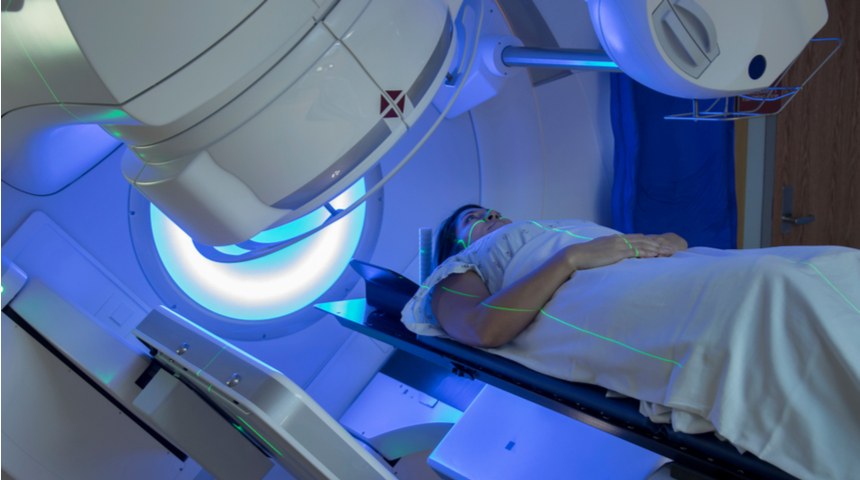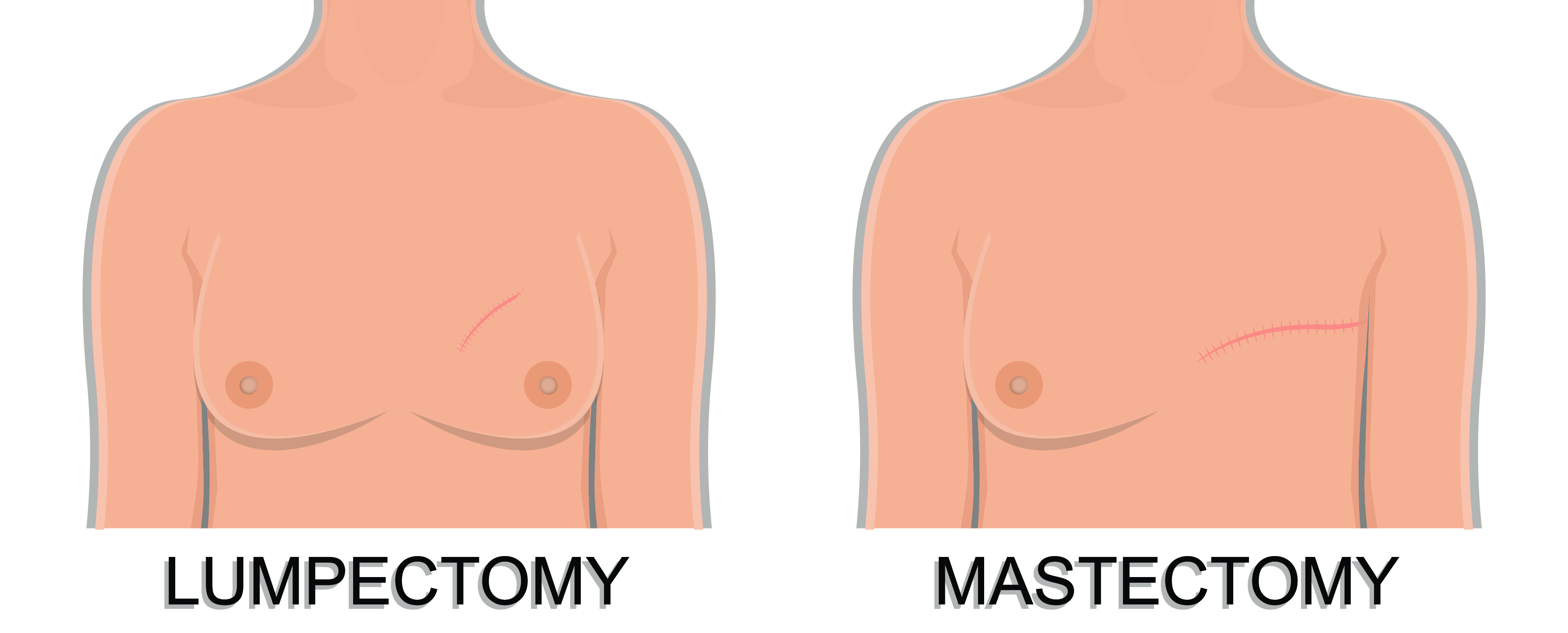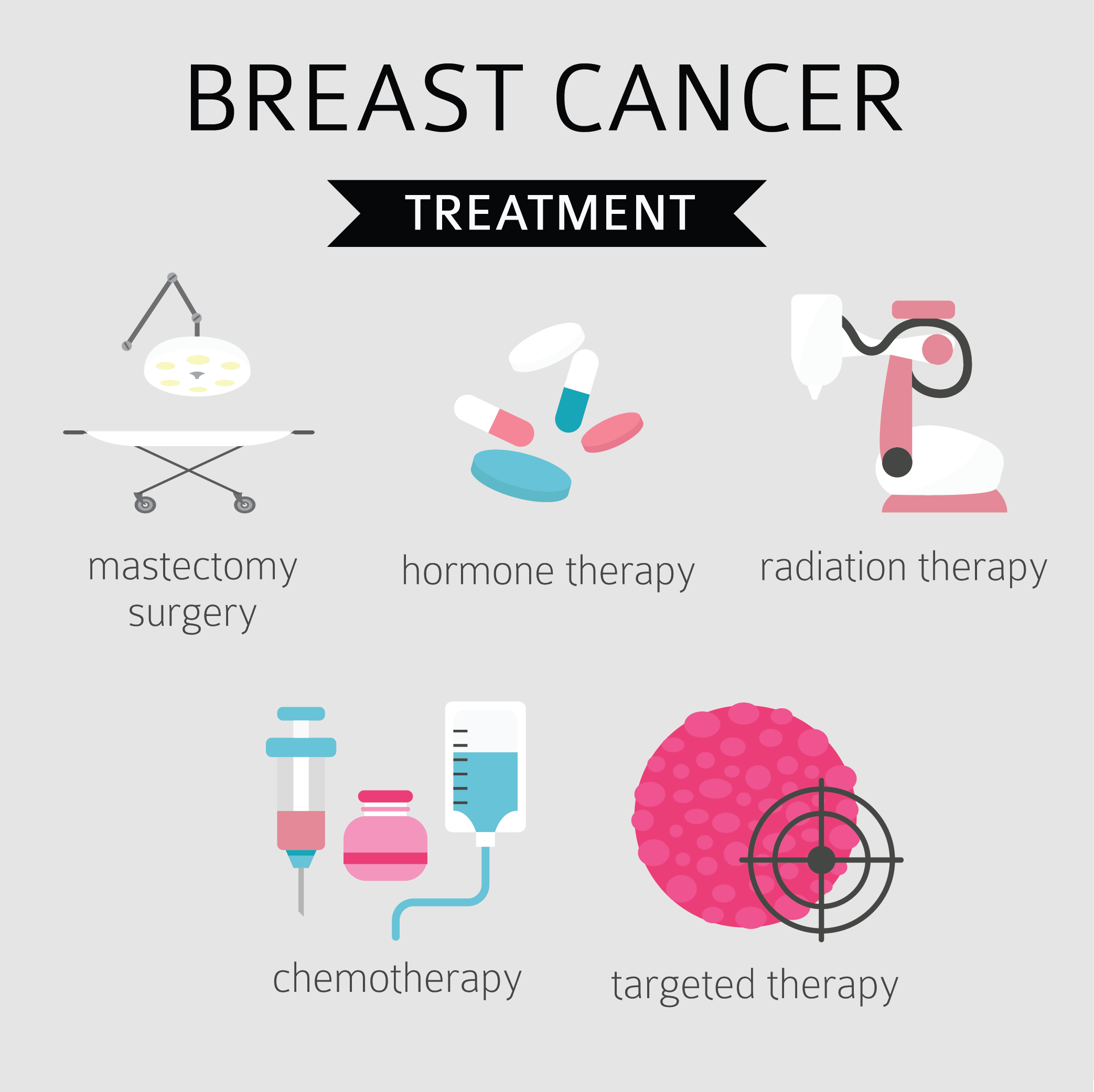
Breast Cancer Treatments
There are over 2 million new cases of breast cancer all over the world in 2018 alone. In Singapore, it is said that 1 out of 11 women will develop the condition in their lifetime.
As a woman ages, the risk of developing breast cancer gets higher, so it is not surprising to have cases of women being diagnosed at age 50 or older or those who already underwent menopause. A family history of the condition can also increase the chances of being developing the disease. Finally, an overall unhealthy lifestyle can lead to breast cancer as well.
However, men are also at risk of having breast cancer. Though it is rare, only accounting for less than 1% of all breast cancer diagnosis, it can be as severe as in women. Most of the symptoms and treatments are also similar to women.
If you are diagnosed with breast cancer or knows someone who is, you might be thinking of the possible treatments for it. Because of medical innovations, there are now more available treatments for breast cancer than there was before. Make sure to consult with your doctor to choose the appropriate procedure for your breast cancer stage and overall health.
Local Breast Cancer Treatments
Local treatments are done in cases where cancer hasn’t affected other parts of the body beyond the area of the breasts. It involves operations that remove the tumor. Other medications may be done before or after local treatments, depending on how advanced the condition is. Common local procedures are surgery and radiation.
Surgery
Surgery is the standard first-line of attack against breast cancer. Surgery is done to remove breast cancer as much as possible or find out if it has spread to the lymph nodes under the arm.
Two surgeries remove breast cancer:

- Mastectomy – surgery that removes the entire breast, including all breast tissues and, sometimes, other nearby tissues. Some women opt to get a double mastectomy, where both breasts are removed.
- Lumpectomy – also called a breast-conserving surgery, is a surgery that only removes the part containing cancer and some surrounding tissues. The amount of breast tissue removed will depend on the size of the tumor, among other factors.
To know the extent of where cancer has spread, axillary (underarm) lymph nodes are removed and analyzed in the lab. This is an important part in figuring out the stage (extent) of cancer. There is two way of removing lymph nodes:
- Sentinel lymph node biopsy (SLNB) – the process of removing the underarm lymph nodes where cancer would likely spread first. By removing only or a few lymph nodes, risks of side effects from surgery, such as arm swelling, are lowered.
- Axillary lymph node dissection (ALND) – the process of removing many (20 or less) underarm lymph nodes. It is not done as often as in the past, but it is still considered a great way to examine lymph nodes.

Radiation
Radiation therapy, also referred to as radiotherapy, is a highly targeted procedure that uses high-energy rays to kill off cancer cells. It will be overseen by a radiation oncologist, a cancer doctor that specializes in radiotherapy.
Systemic Breast Cancer Treatments
For more advanced stages of breast cancer, systemic therapies are usually done. Here, prescriptive drugs are given by mouth or injected to the bloodstream to reach cancer cells anywhere in the body. Depending on your case, there a few systematic treatments that can be done:
Chemotherapy
Chemotherapy uses anti-cancer drugs, which are injected into the vein or taken orally. Not all cancer patients undergo chemo, but there some cases where chemo might be recommended:
- Adjuvant chemotherapy can be done after surgery to kill off any remaining cancer cells left from the initial surgery, or those that might have spread but can’t be seen. This can prevent breast cancer from coming back.
- Neoadjuvant chemotherapy can be done before surgery, especially in cases where the tumor is too big to be removed with surgery alone. In the process of shrinking the tumor, it also kills off the cancer cells that can’t be seen. This procedure also lowers the risk of breast cancer coming back.
- For advanced stages of breast cancer, chemo can be used as the primary treatment, especially in cases where cancer has spread beyond the breast and underarm area. The length of the therapy will depend on how well your body tolerates the anti-cancer drugs and how well the chemo is working.
Hormone Therapy
In some cases, breast cancer cells have receptors attached to hormones, like estrogen or progesterone, which helps them grow. Hormone therapy either lowers the amount of estrogen in the body or blocks the action estrogen on breast cancer cells.
It is a recommended procedure for cases where the tumor is hormone receptor-positive; it does not work in tumors that don’t have hormone receptors. It can be done before or after the initial surgery. It can also be done if cancer comes back or has spread to other parts of the body.
Targeted Therapy
As the name suggests, targeted therapy uses drugs that focus on specific characteristics in cells that cause cancer. For example, a protein is present in cancer cells, which allows it to grow rapidly or abnormally; a particular drug can be used to kill off that part of the cell. Just like chemotherapy, it enters the bloodstream to reach different parts of the body affected by cancer. Though, unlike chemo, targeted therapy does not harm healthy body cells. Some targeted therapies are antibodies, similar to those produced by the immune system.
Immunotherapy
Immunotherapy uses medicines that help strengthen the immune system. This procedure relies on the power of the immune system in recognizing and destroying cancer cells.
Some cases of breast cancer may require you to undergo more than one surgery. To make sure that you make the smartest choice of treatment for your condition, consult with your doctors about the possible risk and benefits of each option and evaluate how its results can affect your life after the procedure.
It can also help to join support groups for breast cancer patients, where you can gain advice from people that go through the same thing that you are. They can help you not only in choosing but also as emotional support while you are going through treatment. Remember that breast cancer is not the end of the world; all you need is to make smart decisions and to have a great support system to help you overcome this challenge.
